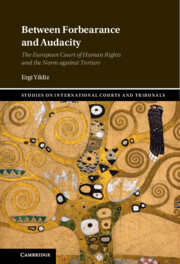On July 3, 2014, the Grand Chamber of the European Court of Human Rights (Court) rendered its judgment in Georgia v. Russia, concerning Russia’s collective expulsion of a large number of Georgian nationals between October 2006 and January 2007. The Court held that Russia had violated several provisions of the 1950 European Convention for the Protection of Human Rights and Fundamental Freedoms (Convention or ECHR), in particular Article of Protocol No. 4 to the ECHR (prohibition of collective expulsions). Because the Russian government had failed to cooperate with the Court by providing relevant information, the Court also found a violation of Article 38 of the ECHR, which obliges states to furnish “all necessary facilities” for the effective conduct of the Court’s investigation of the case. The Court deferred its decision on the question of “just satisfaction” under Article 41 pending further submissions by the parties. This was the first of three interstate proceedings that Georgia has brought against Russia under the special procedure of Article 33, and it is the first decision on the merits of these cases.


